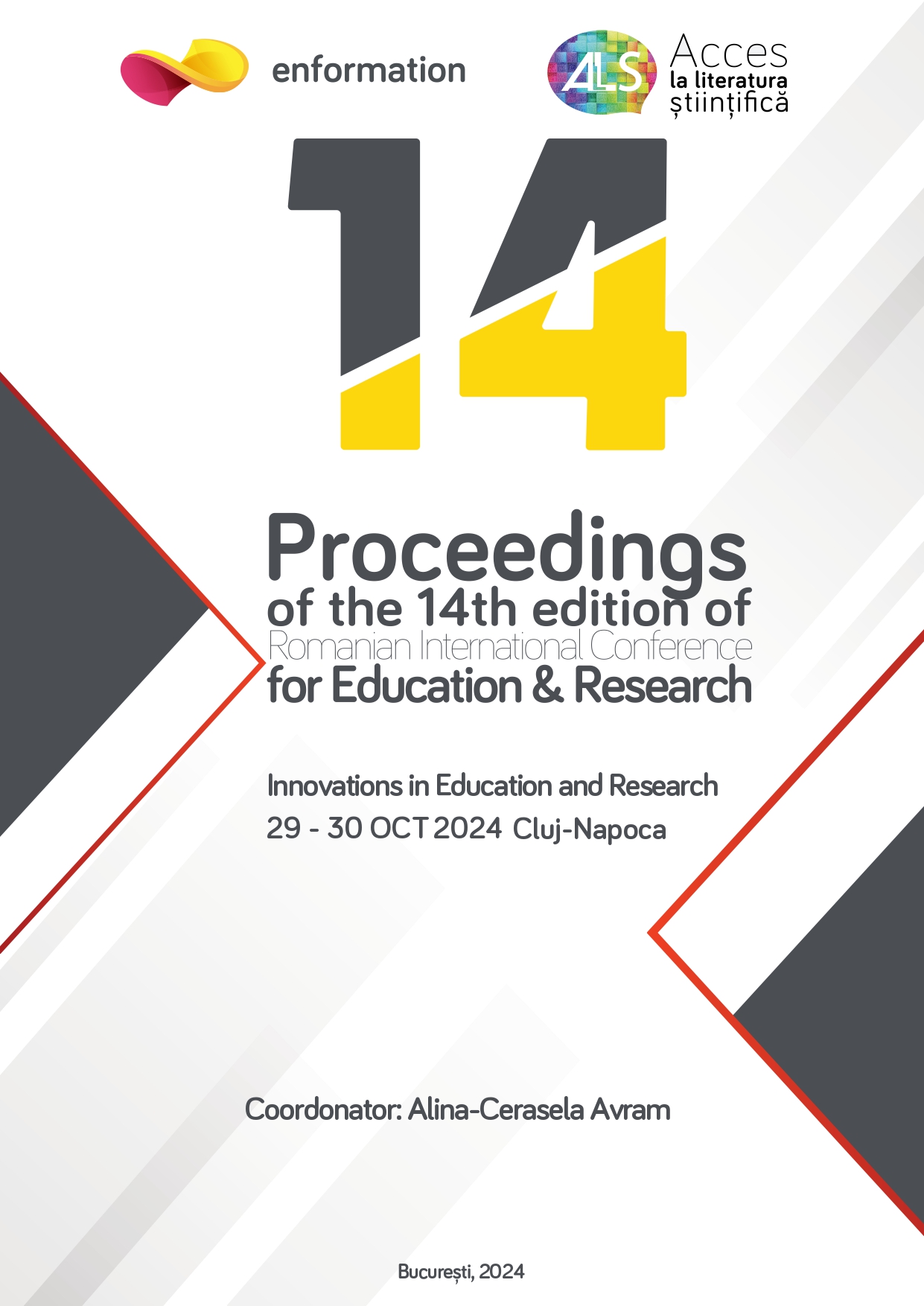The Role of Education in the Future AGI. A Study on the Balance of Education, Finance, and Social Welfare
Abstract
According to the provisions set out in Objective 4 of the Agenda for Sustainable Development set up by the United Nations in September 2015 for the implementation of a fair and quality education, boundless by borders as a result of the adhesion of the states fully assumed for these objectives, the action plans must be vitalized and contextualized by the information crisis created by the pandemic, war, and artificial intelligence. These circumstances have instituted a global tension in education. While some companies are cushioning this tension through their investments in the specialization of employees, the solution to neutralize the global educational risk is the development of the public educational process per the worldwide objective. For future generations of professionals, educational practices must establish and develop contextualization and practice to meet the competence requirements required by AGI (artificial general intelligence) within enterprises. In AGI companies people use LLM (large language model) for evaluation and analysis and specialization involves competence for the profession's deontology and appropriate technical professional training. Thus, there is an established need for an educational program that develops upskilling, a program with a double significance: the establishment of professional skills and the foundation of personality attributes for safe, ethical, and responsible professional practice. The UN together with the OIM calls for a unitary educational system in principles and the implementation of an educational process based on scientific thinking and developed socio-emotional skills. The general subject of this article examines to what extent education impacts social well-being and financial performance. The research aims to study the circumstantial conditional association between education, well-being, and economics and to highlight the impact of education on social welfare and the economy. The research is based on information capitalized in Eurostat, IMF, and OECD databases and starts from the status quo of the last 20 years, the analysis of this period notes an increasing rate of completion of the higher education cycle, but UNESCO statistics on skills acquired in reading and calculation affirms a decreasing rate of these. Going forward with the research, we observe the consequence in the employment rate for people who have graduated from an institution of higher education, much higher than the employment rate of primary or secondary education graduates, the Nordic countries being at the top of this ranking. This situation, however, generated an increasing unemployment rate in the analyzed period. This study researches how extent programs combat unemployment among young people aim to increase practical and social-emotional skills, analyzes the impact of investments in education and their effect on the economy, and the incidence of integrity and quality control of the educational process. Graphical representations and data analysis are performed in Microsoft Office. Keywords
education 
